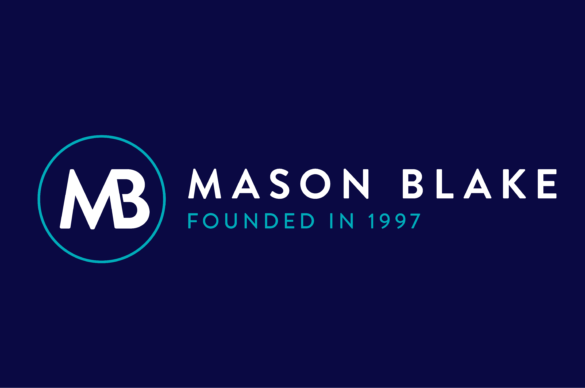Michael Henning / 02 October
What does the ‘rise of passive’ mean for the job market? (Part I)

The march of passive investing continues unabated, stirring debate and disagreement as it goes. We’re not here to join that debate, but rather to discuss what the relative asset flows mean for recruiters and candidates alike. Which skillsets are on the rise and which are falling by the wayside? It all depends on who you talk to of course. The question for recruiters is where to look for the skills necessary to efficiently and effectively run a passive strategy. The question for candidates, both new and experienced, is what skills do they need and where do they look for their next job?
In the first of a two-part article, we look at developments in the front office
Remaking the front office job market
The rise of passive investing, with several new entrants and strong incumbent growth, alongside the decline of active fund flows, is transforming the asset management job market. The indexing industry requires some specific technical skills and is perhaps more challenging and interesting than some people realise, with plenty of opportunity to add value.
On the other hand, the active industry is moving from benchmark-relative, all-market strategies to more niche products (such as infrastructure or real assets) and multi-asset strategies (such as dynamic bond or target-risk/return strategies).
Indexing front office skillsets
Contrary to popular belief, indexing is not a skill-free activity. Cashflow, capital events and benchmark rebalancing all pose complex technical challenges to efficient passive strategies. Factor-related and ‘smart beta’ strategies require even greater levels of technical ability to construct and keep running efficiently. Add to this the complexities of the capital market side of ETF management (for those strategies that are delivered via ETFs, see below) and you have a whole new set of roles and skillsets.
We think candidates should keep an open mind and at least consider roles in passive strategies. They might be surprised by the level of challenge and interest that some roles can generate.
Likewise, firms recruiting for front office passive management roles can benefit by keeping their minds open about investing in candidates with more active experience, especially if those candidates express real enthusiasm for the sector. Many of our client firms have followed this strategy with much success.
Active front office skillsets
The fund flows out of traditional, benchmark-relative strategies are putting pressure on traditional core, benchmark-relative active front office job roles. Active still exists across the City, of course, but most of the recruitment has been role replacement, rather than role growth.
Areas of growth on the active side now sit in boutique, alternative and multi-asset strategies. These strategies require either specialist knowledge and experience, or a willingness to enter at a potentially lower level in order to gain that knowledge and experience. We would encourage firms towards creativity when hiring, looking for transferrable skills with the right candidate.
In part II we consider how the rise of passive is transforming product development, with a flourishing ETF industry, increasing importance of niche products and continuing rise in the prominence of ESG products and processes. Finally, we give some top-level tips to candidates on positioning their careers for the changing environment.
The rise of passive generates challenges for both recruiting firms and those seeking a career in the asset management industry. The only guarantee is that things will continue to change, probably at an increasing pace. Mason Blake is here to support both companies and candidates to navigate these changes, helping both parties achieve their long-term goals.
Contact us for more information, or to discuss potential opportunities on 020 7033 4499 / info@masonblake.com

